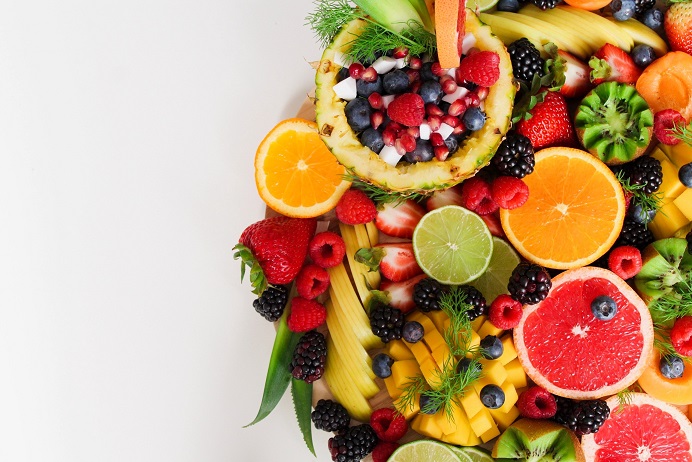Healthy lifestyle choices can slow cancer development and progression, study shows.
Researchers have long known about the link between poor lifestyle habits and the development of certain types of cancers. This is why, for example, there are labels placed on tobacco products warning about the association between smoking and lung cancer. At the Precision Health session: Oncology, held during the 7th International Congress of the Spanish Society of Precision Health (SESAP), a team discussed how nutrients can affect tumor development and suggested that exercise be integrated into any oncology treatment plan. They proposed three stages of cancer progression and presented the importance of a healthy lifestyle in each of these stages.
“Diet and lifestyle can have an influence on each of the successive stages that occur in the carcinogenesis process: initiation, promotion, and progression. Although nutritional factors and factors related to daily habits are more or less the same, the impact of these at each phase is different,” explained the dietician-nutritionist Pedro Carrera Bastos, a doctoral candidate and researcher at Lund University, Sweden.

Not getting enough good nutrients in one’s diet can be a major contributing factor when it comes to cancer progression. Carrera Bastos said, “A deficit of certain nutrients is one of the nutritional factors that are involved in the initiation phase, including folate and B group vitamins (B12, B6, B3), which leads to chromosomal ruptures, DNA hypomethylation, and increased sensitivity to mutagens. As for vitamin C and selenium deficiency, this increases oxidative DNA damage, an effect that is also associated with inadequate levels of zinc and magnesium and vitamin D deficiency.”
The composition of certain foods also plays into the speed of progression. “We have also seen that aflatoxin has a negative impact in the initiation phase,” Carrera said. “It is present in foods of vegetable origin, such as cassava, pepper, corn, millet, rice, sorghum, wheat, sunflower seeds, or peanuts, although its effect largely depends on the way in which these foods are stored.”
Food preparation can change the makeup of foods as well. Carrera analyzed the results of one study out of China in which polycyclic aromatic hydrocarbons of animal and vegetable origin were compared when raw and after being grilled. He said, “The authors observed that the increase of polycyclic aromatic hydrocarbons was much more significant in foods of animal origin. Likewise, they found that among the meats, chicken is the most prone to the formation of polycyclic aromatic hydrocarbons.”
These findings suggest humans really ‘are what we eat.’ Being mindful of what it put into the body is as important as regular exercise. Some specific healthy behaviors that can prevent the development and/or rapid progression of cancer include being a nonsmoker, drinking alcohol only in moderation (or not at all), eating a well-balanced diet with the recommended amounts of fruits and vegetables and having a BMI within the recommended range based on an individual’s height and weight. Taking certain dietary supplements when deficit in certain vitamins and minerals can also help, as can the avoiding excessive consumption of processed foods and addictive substances.


Join the conversation!